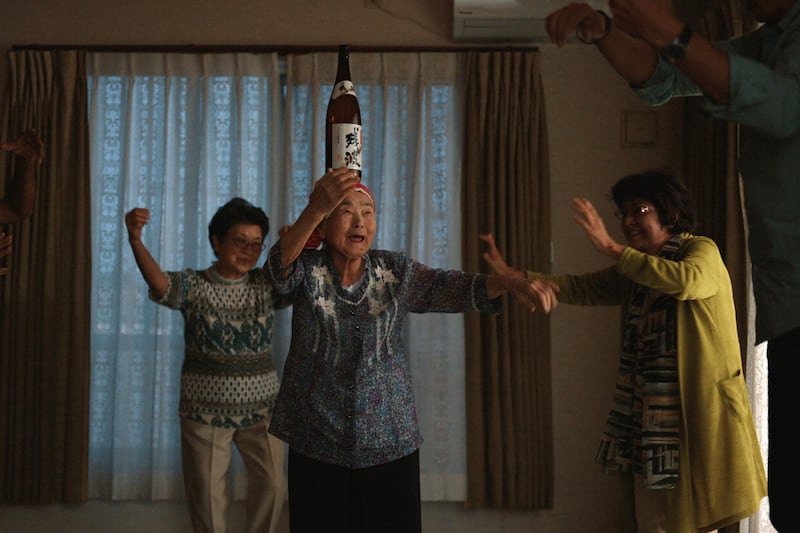Back to Barrytown, RTE 1, Sunday
There was an effort to style this nostalgic film about the making of some of Ireland’s most popular movies as having a broader theme.
It was suggested that the Barrytown trilogy – three movies based on the books of Roddy Doyle set in the fictional north Dublin suburb of Barrytown – was emblematic of a maturing Ireland, able to talk about itself in its own language.
“It captured a change in Ireland,” said Colm Meaney, who played Jimmy Rabbitte snr in all three movies.
“It was part of a resurgence of confidence in ourselves,” said Glen Hansard, who played Outspan in The Commitments.
Perhaps it did. The Republic was changing significantly in the early 1990s, with the long recession since the 1970s oil crisis gradually ending and the cloak of Catholic orthodoxy was finally being removed from our shoulders.
But that’s not how most people remember The Commitments, The Snapper and The Van.
They sit in most Irish people’s culture memory because they were hilarious and the bad language was wonderfully shocking.
The three-part Back to Barrytown is a homage to the films in the Hollywood tradition of self-congratulation.
Colm Meaney and Roddy Doyle gather in a classic Dublin pub, a 1990s style television is produced and they watch the movies back on VHS.
We see the highlights and the camera ventures off for interviews with some of the actors and the various movie people (writers, music directors and casting agents) who put the whole thing together.
There were some interesting insights though.
Doyle remains unhappy with some of the scenes in the film, believing that the English writers who assisted him in turning the book into a screenplay got things wrong.
He’s acutely conscious that the writers may have fallen for some of the Irish clichés.
For Doyle, the scene where piano player Steven Clifford goes to confession, is jarring.
He also dislikes the ending where Soul legend Wilson Pickett turns up late when he was due to duet with the Commitments in the final concert as it holds out some hope that the band may not have had a big fight that night and split.
“They were always going to split,” he says.
Hansard, who went on to win an Oscar for a song in a 2007 movie, reveals that he had a fight with director Alan Parker after he held up filming to play a gig with his band The Frames.
Parker took him aside later to tell him something “awful.”
“Alan said to me, ‘There’s always one on every movie I do’, and he said a word, an awful word I won’t repeat, it was something very rude, and he said, ‘I didn’t think it would be you’.”
In the spirit of Barrytown, Hansard really should have used the word.
*******
Gods of Snooker, BBC iPlayer
The second episode of this excellent series brings us to the rivalry between Steve ‘Interesting’ Davis and Alex ‘Hurricane’ Higgins.
No, they weren’t wrestlers. They played snooker in dress suits.
The clash between the hard-drinking Higgins and the choirboy Davis was central to the television success of snooker in the 1980s.
But this kind of marketing success doesn’t come without attention to detail.
Maestro Barry Hearn was so determined to control the Davis persona that he was instructed to drink water in a certain way, to say very little and in 1983, to attend a ‘Maggie In’ Tory rally.
This include a terrible joke from the stage about “the importance of potting reds.”
Higgins, on the other hand, was a natural and needed less instruction on the ways of drinking, fighting and mayhem.










